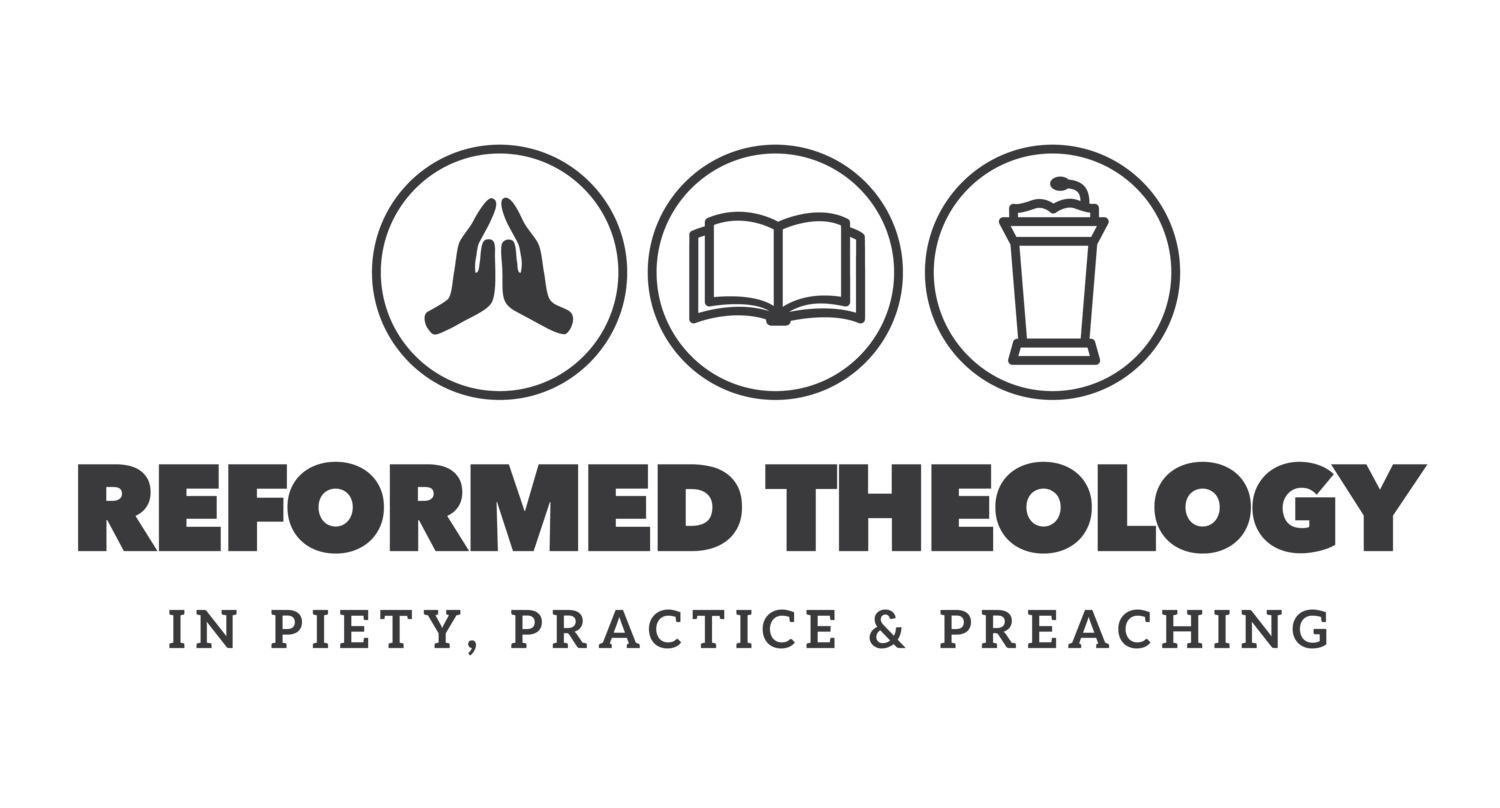One of life’s biggest lessons I have learned is the benefits and drawbacks of compounding interest. In financial terms, compounding interest is the idea that when you put money in the bank, say, $100, that you begin to earn more money the more interest you make. If you earn $10 interest, you’re no longer earning interest on $100, but $110, if you don’t touch the principle. The more money you save, the more you earn because the principle continues to grow. But compounding interest isn’t just about money, it’s about life too.
As I look over my life and the relative amount of success I’ve achieved, I have realized that it is due, large in part, to compounding interest. I have a good work ethic because my parents instilled it in me. I can remember my first summer job when I was 16 years old. I excitedly arrived at the home where the construction company was working only to have my enthusiasm crushed when my boss told me to bring the shingles up on the roof. I asked, “How many?” To which he responded with a wry smile, “All of them.” The next two days all I did was move two pallets of shingles up a flight of stairs, up a ladder, and then up the 12/12 pitched roof (45 degrees), up to the top, and then back to the bottom to repeat the process, all for $5.00 and hour. My legs ached, my shoulders were sore (each bundle of shingles weighed about 50 pounds), and my face was sunburned—it was summer. I think my parents enjoyed seeing me come home exhausted, covered in shingle dust, and ready to go to bed. They enjoyed it, not because they were sadists, but because they were instilling in me what their parents had instilled in them. I have a good work ethic because my parents taught me, and my parents’ parents taught them. My good work ethic is the result of generations of a good work ethic—compounding interest.
Sadly, compounding interest can work in the other direction. We are all personally responsible for our sins, but at the same time, we might make foolish decisions because we make repeated poor choices and stand in a line of poor decision makers. How many people, for example, struggle with obesity because their parents, grand parents, and great grand parents have historically made poor dietary choices? This pattern can unfold with sinful choices and the resulting compounding interest can be deadly. You may not think that your hidden stash of pornographic images is hurting anyone—they’re for your private use. But what you may not realize is that your sons have found your password-protected file and regularly look at your stash when you’re not home. What negative sinful effect will your pornography do to your ten and twelve-year old boys? Will they start their own collection? Will they struggle all the more with lust or sexual addiction? Will they treat women as sexual objects rather than human beings created in the image of God? And how will these effects impact their children, your future grandchildren? Compounding interest can be deadly and wreak spiritual havoc for generations to come.
Blessedly, we serve a God who can break the chains of the bondage of habitual sins, even those that have ravaged a family for generations. Just because your father was an alcoholic doesn’t mean that you will be one too. By God’s grace in Christ through the Spirit you can mitigate and even eliminate the effects of negative compounding interest. But on the flipside of the coin, how will you begin to invest your spiritual capital for the future? What compounding interest will you leave for your family for generations to come? A good work ethic? Integrity? Truth at all costs? These are all good and noble things. Invest broadly and especially in the gospel of Christ. Plant the seeds of the gospel, in word, thought, and deed, that will yield a bountiful harvest for generations to come. Reap the benefits of compounding interest.
